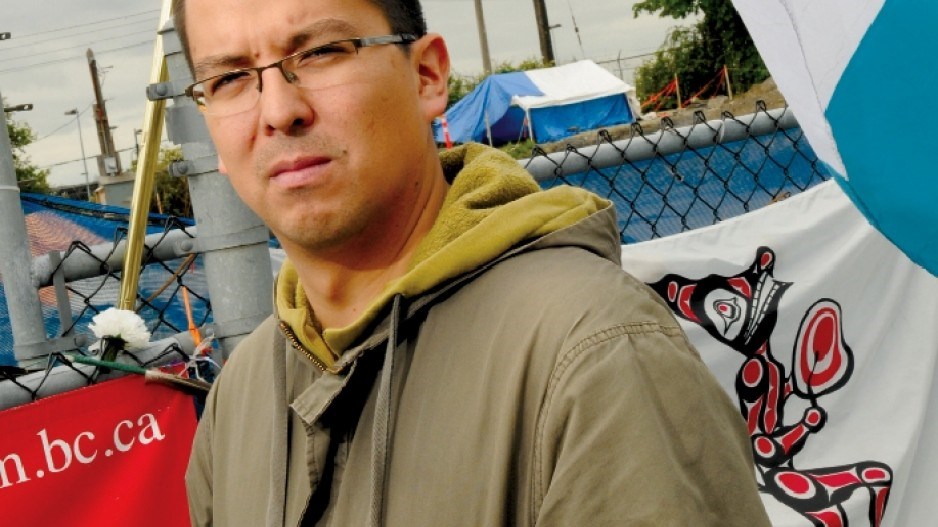A series of land swaps is the likely solution to the dispute between the Musqueam First Nation and private developer Century Group (CG) over CG’s plans to develop a five-storey, 108-unit condominium project above an ancient burial site, CG president Sean Hodgins told Business in Vancouver.
He said that the options are either to have the province:
- give approval to complete his residential and commercial development in the 1300-block of Southwest Marine Drive;
- give compensation and declare the entire project as a heritage site; or
- conduct a series of land swaps that would give the Musqueam the capital to purchase the site.
Musqueam councillor Wade Grant confirmed that his nation has been negotiating with Victoria regarding a series of transactions that would net the Musqueam the roughly $10 million it would need to buy the site where ancient remains have been found.
Minister of Aboriginal Relations and Reconciliation Mary Polak confirmed in a June 15 letter that the provincial government would provide $4.8 million in cash to the Musqueam instead of $4.8 million worth of land, which was previously agreed as a result of the province building the South Fraser Perimeter Road through traditional Musqueam territory.
Victoria will also owe the Musqueam an undetermined amount of money, likely less than $3 million, when TransLink builds the Evergreen Line on Crown land that the Musqueam also claims as traditional territory, Grant said.
The Musqueam aims to generate the remainder of the money, which it needs to buy the Midden site, from provincial government sales of Crown land.
In the BC Liberals’ last budget, the government noted that it was considering $750 million worth of future land sales, including some on Crown land.
Both Grant and Hodgins urge the province to expedite those land sales, many of which are expected to be on land that the Musqueam have traditionally claimed.
The Musqueam would be entitled to compensation were such sales to close because governments are required to consult and accommodate First Nation groups whenever it sells real estate that is also traditional First Nation territory.
The Supreme Court of Canada, in its landmark 2004 decision on Haida Nation versus British Columbia (Minister of Forests), ruled that this must be done when there is an “incremental adverse impact” on First Nations from the sale.
The land does not necessarily need to be where First Nations have signed treaties. Simply being traditionally claimed land is sufficient, Canada’s top court has ruled.
“The province has not shown a list of the properties they want to sell to anybody,” said Grant, “so we don’t know how much the compensation could be.”




